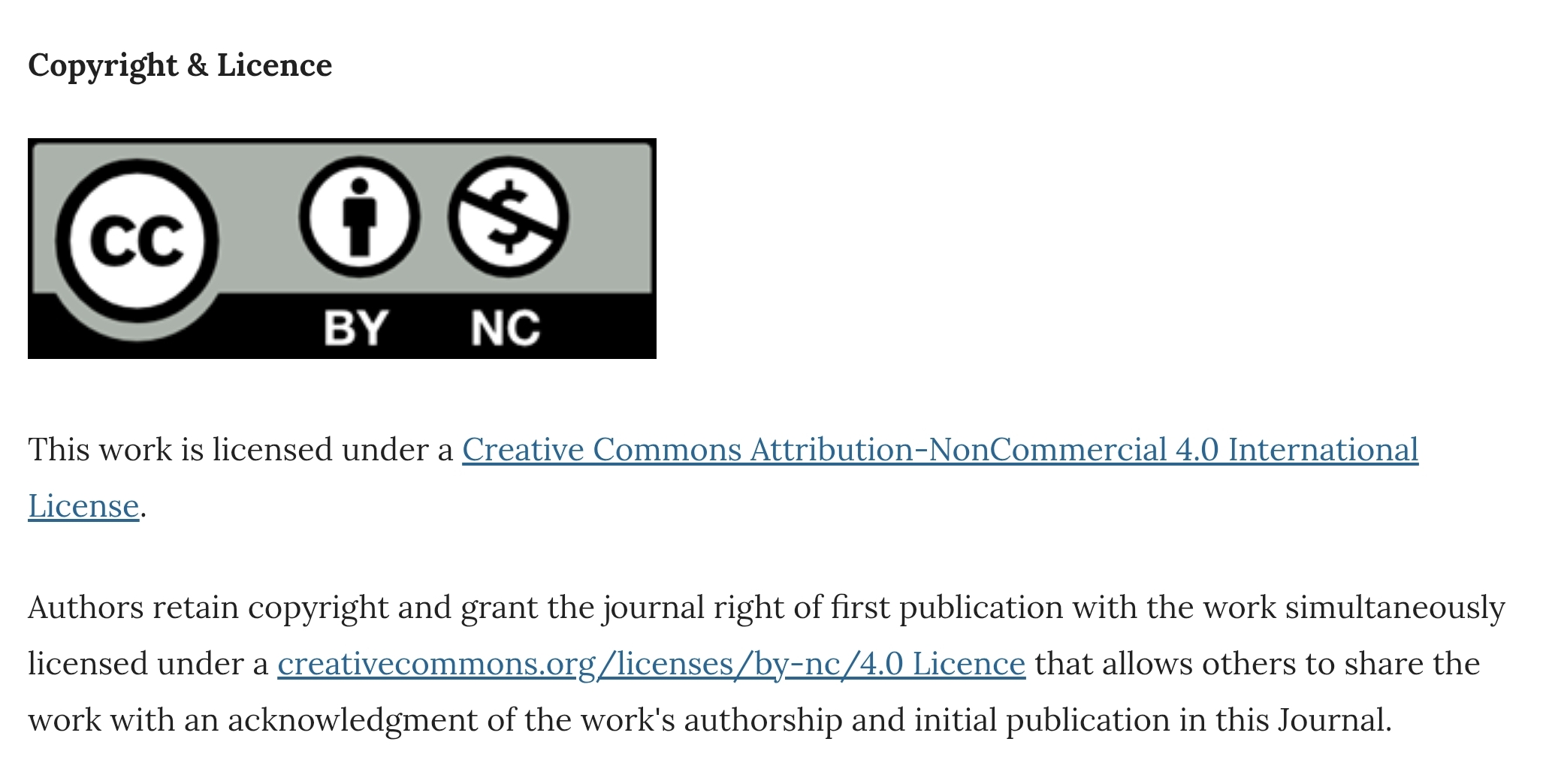Attitude towards drug adherence in inpatients with bipolar affective disorder: a cross-sectional study
DOI:
https://doi.org/10.30834/KJP.34.1.2021.261Keywords:
non-adherence, drug attitude, bipolar affective disorderAbstract
Background and Objectives: Bipolar Affective Disorder is the sixth leading cause of disability-adjusted life years in individuals aged 15-44 years. Among the patients with Bipolar Disorder, about 60% are at least partially non-adherent to medications. This study attempted to study attitude towards drug adherence in inpatients with bipolar affective disorder. Materials and Methods: Consecutive patients, between 18 to 60 years of age, diagnosed with Bipolar Affective Disorder, undergoing inpatient treatment over a two-month period, were recruited. Their attitude towards drug adherence was assessed using a 30-item version of the Drug Attitude Inventory (DAI). Results: Subjects in this study had good medication adherence (DAI= 3.12± 7.09), indicating these patients tended to report favourable views towards their psychiatric medications. Conclusion: Assessment of attitude towards non-adherence in this population showed good medication adherence and a positive response to treatment.
Downloads
References
Berk M, Dodd S, Berk L, et al. Diagnosis and management of patients with bipolar disorder in primary care. Br J Gen Pract. 2005;55(518):662–664
Sagar R, Dandona R, Gururaj G, Dhaliwal R, Singh A, Ferrari A et al. The burden of mental disorders across the states of India: the Global Burden of Disease Study 1990–2017. The Lancet Psychiatry. 2020;7(2):148-161.
Judd LL, Schettler PJ, Akiskal HS, et al. Residual Symptom Recovery From Major Affective Episodes in Bipolar Disorders and Rapid Episode Relapse/Recurrence. Arch Gen Psychiatry. 2008;65(4):386–394. doi:10.1001/archpsyc.65.4.386
World Health Organization. Adherence to Long Term Therapy: Evidence for Action. Geneva: World Health Organization; 2003.
Gaudiano BA, Weinstock LM, Miller IW. Improving treatment adherence in bipolar disorder: a review of current psychosocial treatment efficacy and recommendations for future treatment development. Behavior Modification. 2008; 32:267–301.
Narayanan D, Jith A, Bansal R. Nonadherence in bipolar disorder patients: A 14-year retrospective study. Indian J Psychiatry 2020; 62:290-4
Sharma S, Kumar N, Chakraborti S, Sinha S, Kumari S, Gajendragad JM. Prevalence and factors associated with medication compliance in Indian patients suffering from mental disorders. Trop Doct. 2012 Jan;42(1):28-31. doi: 10.1258/td.2011.110009. Epub 2011 Oct 28.
Selvakumar, N., Menon, V., & Kattimani, S. (2018). A Cross-sectional Analysis of Patterns and Predictors of Medication Adherence in Bipolar Disorder: Single Center Experience from South India. Clinical psychopharmacology and neuroscience: the official scientific journal of the Korean College of Neuropsychopharmacology, 16(2), 168–175.
Muneer A. Staging Models in Bipolar Disorder: A Systematic Review of the Literature. Clinical Psychopharmacology and Neuroscience. 2016;14(2):117-130.
Velligan DI, Weiden PJ, Sajatovic M, Scott J, Carpenter D, Ross R, et al. The expert consensus guideline series: Adherence problems in patients with serious and persistent mental illness. J Clin Psychiatry 2009;70 Suppl 4:1-46.
Ramachandran A, Ramanathan R, Praharaj S, Kanradi H, Sharma P. A Cross-sectional, Comparative Study of Insight in Schizophrenia and Bipolar Patients in Remission. Indian Journal of Psychological Medicine. 2016;38(3):207-212.
Hogan TP, Awad AG, Eastwood R. A self-report scale predictive of drug compliance in schizophrenics: Reliability and discriminative validity. Psychological Medicine. 1983; 13:177–183.
Merikangas KR, Akiskal HS, Angst J, Greenberg PE, Hirschfeld RMA, Petukhova M, et al. Lifetime and 12-month prevalence of bipolar spectrum disorder in the National Comorbidity Survey replication. Arch Gen Psychiatry. 2007 May;64(5):543–52.
Cramer JA and S. Patient Compliance in Medical Practice and Clinical Trials [Internet]. eweb:104177. 1991 [cited 2018 Oct 17]. Available from: https://repository.library.georgetown.edu/handle/10822/842825
Poor adherence to long-term treatment of chronic diseases is a worldwide problem. Revista Panamericana de Salud Pública. 2003;14(3):218-221.
Manic-Depressive Illness: Bipolar Disorders and Recurrent Depression. Second Edition. Oxford, New York: Oxford University Press; 2007. 1288 p.
Blackwell B. Treatment Adherence. Br J Psychiatry. 1976 Dec;129(6):513–31
Forman L. Medication: reasons and interventions for noncompliance. J Psychosoc Nurs Ment Health Serv. 1993 Oct;31(10):23–5.
Downloads
Published
How to Cite
Issue
Section
License
Copyright (c) 2021 Kerala Journal of Psychiatry

This work is licensed under a Creative Commons Attribution-NonCommercial 4.0 International License.












